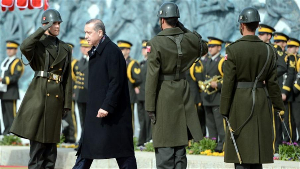Turkey Advances in Africa against Franco-Emirati-Egyptian Entente
By Michaël Tanchum
August 25, 2020
Turkey's expanded military presence in Libya has tilted the geopolitical game-board more in Ankara's favor vis-à-vis France and Egypt and their partner the United Arab Emirates. While motivating the strong backing Paris and Cairo are providing to Greece as it confronts Turkey in the eastern Mediterranean, Ankara's effort to extend Turkey's influence throughout Africa is driving a wider strategic competition between Turkey and France in the Sahel and likewise between Turkey and Egypt in the Horn of Africa. Ankara's advances in Niger in the Sahel and in Ethiopia in the Horn have raised the stakes for Turkey's rivals, pushing them into closer alignment, with the rivalry between Turkey and the Franco-Emirati-Egyptian entente defining one of Africa's main geopolitical fault lines.
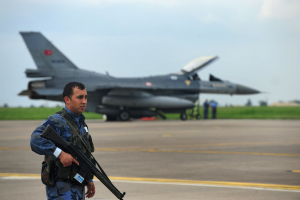
The EU and De-escalation in the Eastern Mediterranean
By Natalia Konarzewska
June 29, 2020
The discovery of new gas reserves in the region was expected to bring peace and prosperity to the Eastern Mediterranean littoral states but it has created new geopolitical and security risks instead. In April and May this year, Turkey continued with gas drilling within Cyprus' exclusive economic zone which drew new harsh criticism from the European Union. Turkey's assertive stance shows that Ankara is unlikely to abandon its pursuit for hydrocarbons in the region and that it will hence remain on a collision course with Greece and Cyprus. The EU would do well to seek de-escalation and should recognize that circumventing Turkey is not a viable strategy. Otherwise, there is a clear risk that the hydrocarbon dispute in the region will spiral out of control and lead to military confrontation.
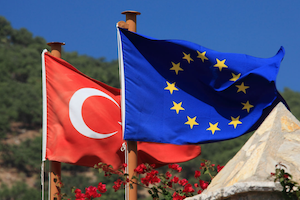
After Ten Days that Shook Syria: Turkey's Dependence on Russia Reaffirmed
By Cengiz Çandar
November 5, 2019
Turkey’s intrusion into northeastern Syria will have far-reaching consequences for Turkey, the balance of power in Syria and in the Middle East. The Rojava invasion also leaves a durable imprint on international relations at a global scale. It has left the United States in a weaker position, while Russia has strengthened its grip on Syria. Turkey’s dependence on Russia has been reaffirmed. The Russo-Turkish partnership in Syria may not prove long-lived since Moscow and Ankara have different, indeed fundamentally irreconcilable political priorities. It is unlikely that Turkey, dependent on the acquiescence of Russia and with an ailing economy, will be able to establish a permanent military presence on Syrian territory.
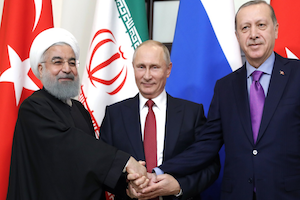
Coups and Class: Why Turkish Democracy Is Derailed
By Halil Karaveli (vol. 8, no. 10 of the Turkey Analyst)
The Turkish military’s capacity for intervention in politics has been inversely proportional to the ability of the bourgeoisie to establish hegemonic rule. The dynamic that set the stage for all the coups was the fact that the most developed fraction of the Turkish bourgeoisie always needed a helping hand in order to prevail against other fractions and classes. History could have ended with the AKP, as the party secured bourgeois hegemony. Today, however, industrial interests have reason to be much less satisfied with the course that the regime is pursuing. Conjuring the specter of class warfare, President Recep Tayyip Erdoğan claims that “capital is changing hands.” That is a process that is bound to unleash new political convulsions.
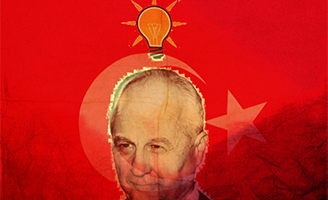
The Return of the Generals
By Halil Karaveli (vol. 7, no. 21 of the Turkey Analyst)
The Turkish generals are no longer afraid to speak out and they exert influence over government policies. Erdoğan invited the military back into the power equation when, faced with the Gülenist challenge to his power, and in need of a new ally, he gave the signal to open the prison doors for the convicted officers. But more than anything else, it is the persistence of an authoritarian mindset that sets the stage for the recurrent assertion of the power of the military in Turkey.
